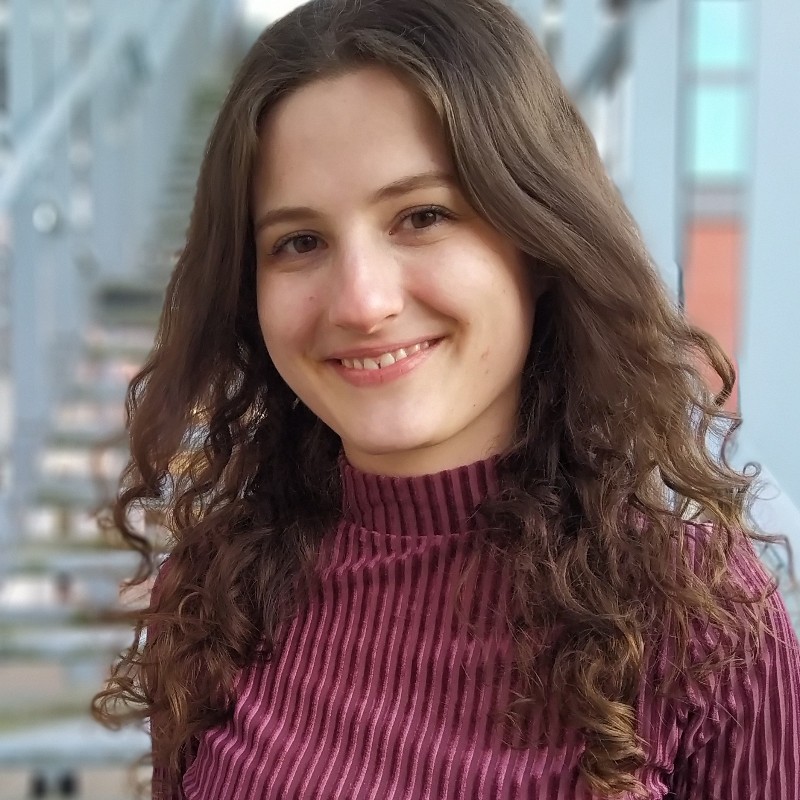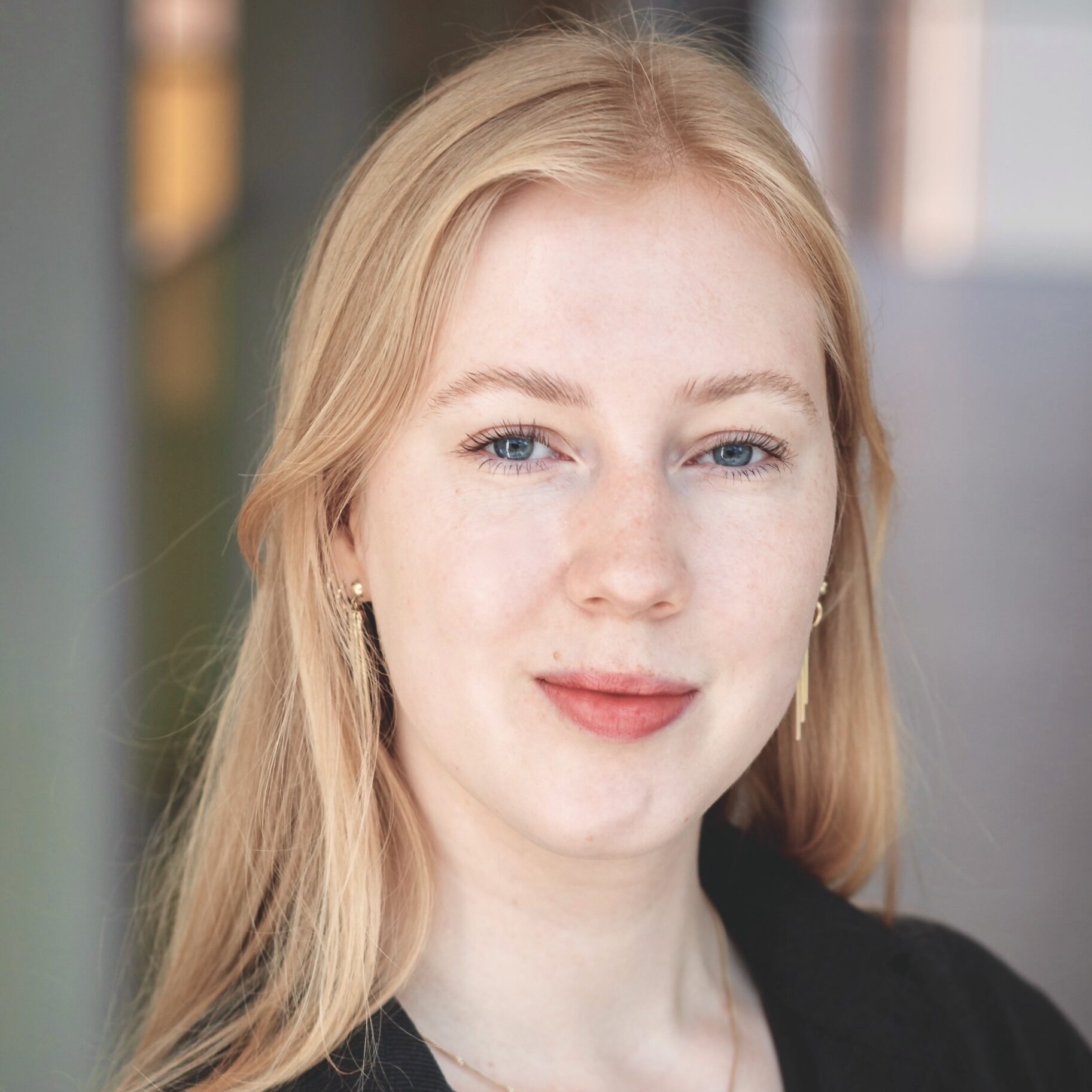Our mission
FemData adopts an intersectional feminist view on data science.
We are two PhD candidates working in the fields of Data Science and Consumer Psychology. Recognising the powerful influence of data, we acknowledge its potential to either sustain prevailing societal inequalities or transform them.
At FemData, we specifically focus on the ways that gender biases can distort the model outcomes by influencing the collection, labeling, and interpretation of data, leading to skewed insights and perpetuating inequality.
We organise a variety of events to stimulate discussion, build bridges, and connect different stakeholders.
You can find our upcoming events below.

Bridge academia and industry
Activate knowledge dissemination from both academia and industry. We aim to encourage and facilitate reciprocal learning and collaboration.

Connect different disciplines
Act as a hub where different facets of data science and their effects on society can be discussed, spanning from psychology and computer science to law and ethics.

Stimulate
discussion
Stimulate an open discussion on the importance of data science in attenuating societal inequalities.
Intersectionality
We firmly believe that an intersectional feminist perspective can help to leverage data as a force for fostering a more equitable society. An intersectional approach is key as gender interacts with other social identities, chosen or imposed, such as economic status, race, and sexual orientation.
talks, panels, workshops.
Upcoming events
FemData hosts a range of events, spanning from talks, to technical workshops and panels with experts.
Join us in reshaping data science’s future through knowledge sharing and open discussions.
Team

Paulina von Stackelberg
c0-Founder
Paulina is a PhD candidate in Applied Statistics at the Business Analytics section at the University of Amsterdam. Her research revolves around prediction modelling and monitoring with a focus on human-focused applications like healthcare.

Myrthe Blösser
co-founder
Myrthe Blösser is a PhD candidate in consumer psychology with the Marketing group of Amsterdam Business School. In her research, she examines different tools to help citizens with low AI literacy protect themselves against unfair and discriminatory AI.

